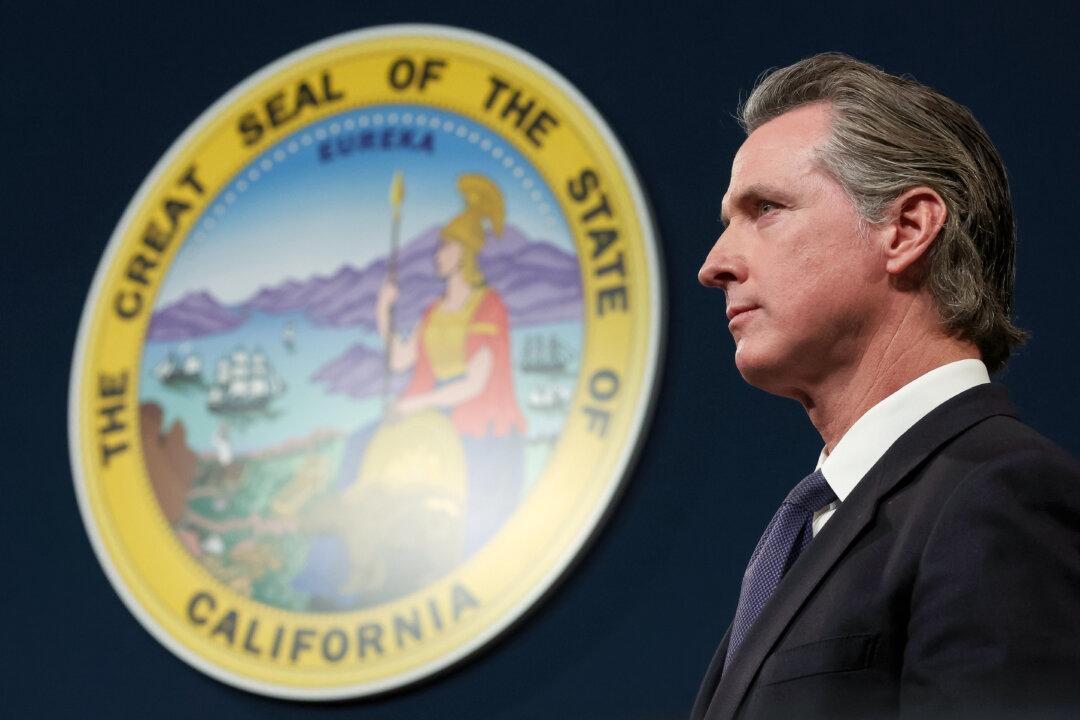Faced with a looming deficit, California Gov. Gavin Newsom announced on March 20 an agreement with Senate and Assembly leaders to address some of the state’s budget shortfall, but Republicans said they were left out of discussions.
Referencing reports of alleged backroom deals and secret arrangements involved with a new fast-food law set to take effect on April 1, one critic said he’s hopeful the budget process is more transparent.





